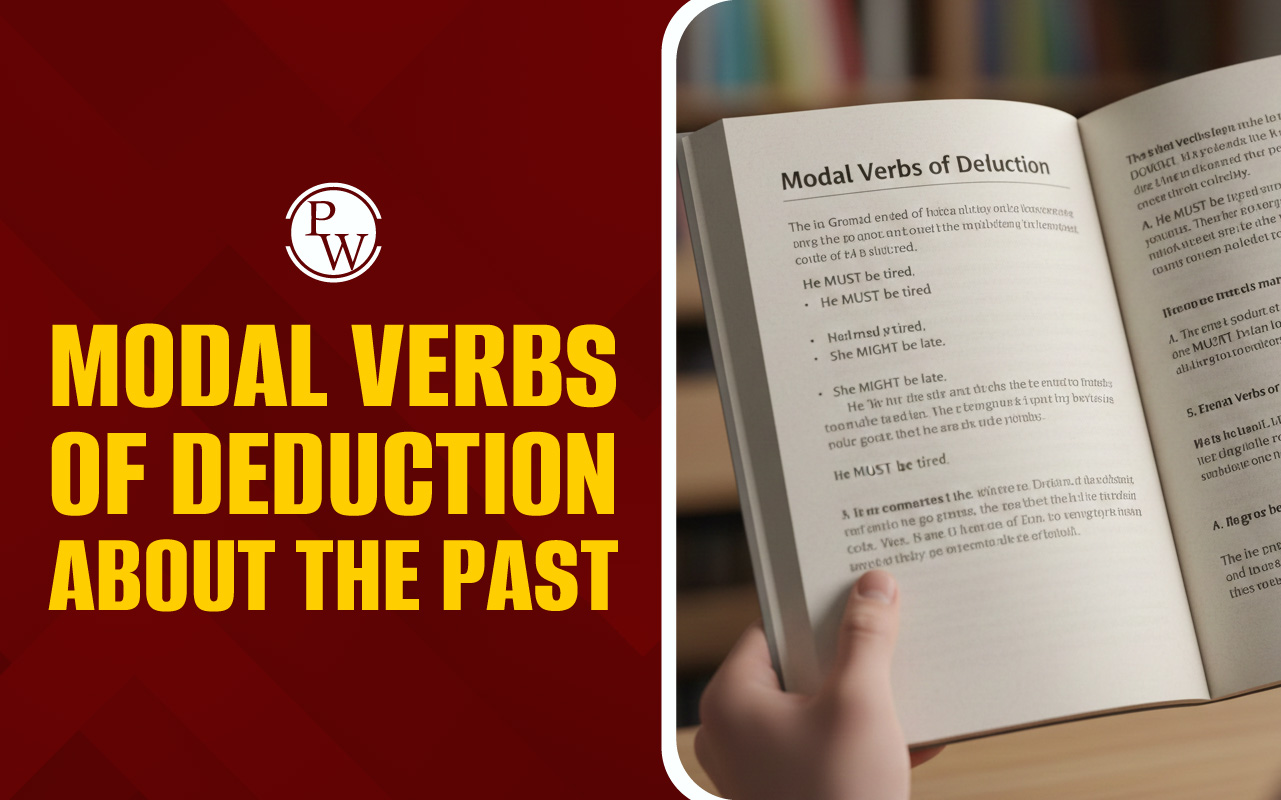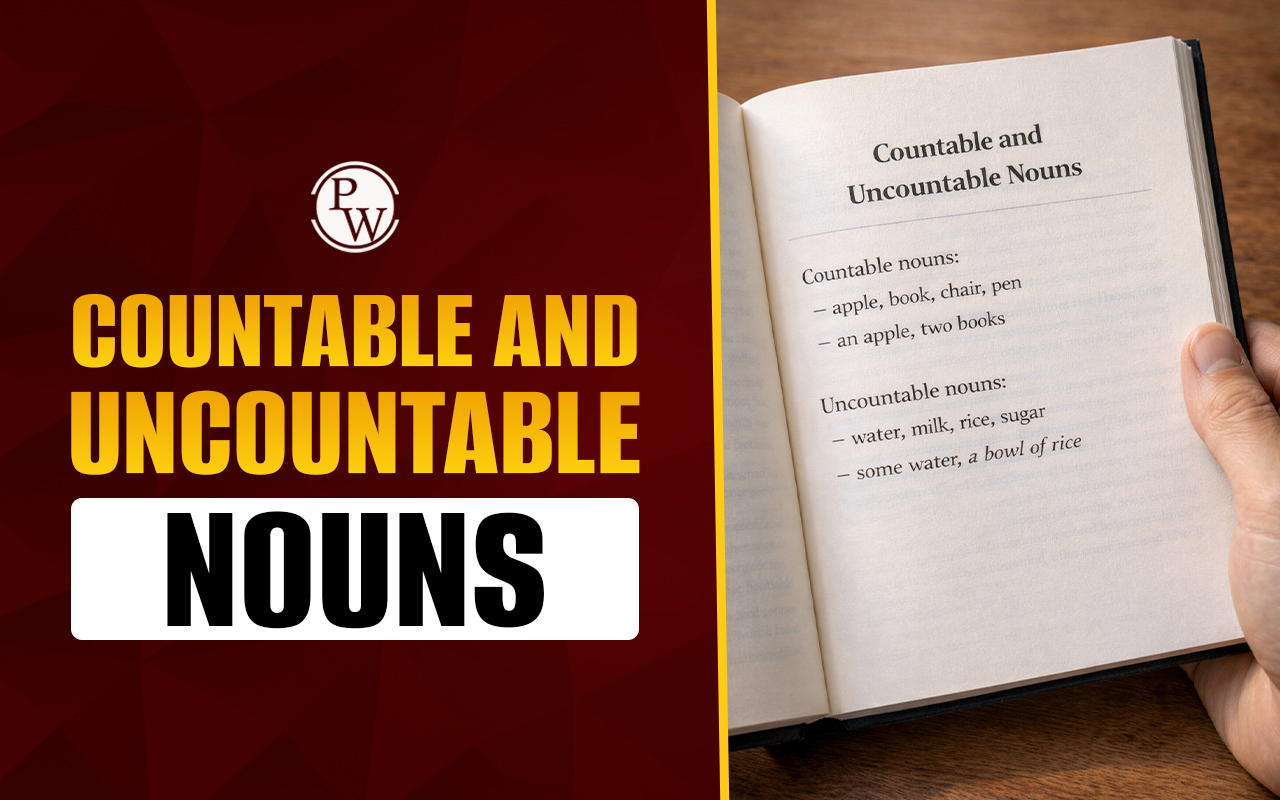
IELTS Writing Scoring: Understanding how IELTS Writing is scored is essential for candidates aiming to achieve a high band score. The Writing section is divided into two tasks and assessed based on four clearly defined criteria. These are used by certified IELTS examiners to evaluate your performance and assign an accurate score from Band 1 to Band 9.
In this guide, we will explain each scoring criterion in detail, show how they are applied in both Task 1 and Task 2, and offer tips on how to improve your writing score.
IELTS Writing Scoring Criteria
The IELTS Writing section has two tasks:
-
Task 1:
-
Academic: Describe a graph, chart, map, or process.
-
General Training: Write a letter (formal, semi-formal, or informal).
-
Task 2:
-
Essay writing. You’re asked to present an opinion, discuss an issue, or propose a solution.
You're given 60 minutes in total, 20 minutes for Task 1 and 40 minutes for Task 2. Task 2 carries twice the weight of Task 1 when it comes to scoring.
Your IELTS Writing score is based on four main criteria. Each of these is equally weighted, worth 25% of your score:
-
Task Achievement (TA) for Task 1 / Task Response (TR) for Task 2
-
Coherence and Cohesion (CC)
-
Lexical Resource (LR)
-
Grammatical Range and Accuracy (GRA)
Each criterion is scored individually on a band scale from 0 to 9, and the average of these four becomes your final band for the writing section.
1. Task Achievement / Task Response
This criterion checks whether you actually did what the question asked.
For Task 1 (Task Achievement):
-
Did you cover all parts of the visual or information provided?
-
Did you summarise the key trends accurately?
-
Are your comparisons relevant and clear?
-
Did you avoid including personal opinions or irrelevant details?
For Task 2 (Task Response):
-
Did you answer the entire question? (e.g., both sides of an argument if asked)
-
Did you present a clear position throughout?
-
Are your ideas relevant, well-developed, and supported with examples?
2. Coherence and Cohesion
This is all about how well your writing flows and how easy it is to follow.
-
Are your paragraphs logically organised?
-
Do you use appropriate linking words (e.g., however, therefore, in contrast)?
-
Is there a clear progression of ideas from one point to another?
-
Do you avoid mechanical repetition of connectors?
3. Lexical Resource (Vocabulary)
This is your ability to use a range of words accurately and effectively.
-
Do you avoid repeating the same words?
-
Are you using precise vocabulary for the task?
-
Can you use collocations and idiomatic expressions appropriately?
-
Do you avoid spelling mistakes and misuse of words?
4. Grammatical Range and Accuracy
This checks both your control over grammar and your ability to use a range of structures.
-
Can you write accurate, complex sentences?
-
Do you make frequent errors in tenses, subject-verb agreement, articles, prepositions, etc.?
-
Are your sentences varied in structure?
IELTS Writing Band Score Conversion
Here’s how the average of all four criteria translates into your final band:
| IELTS Writing Band Score Conversion | |||||
|---|---|---|---|---|---|
|
TA/TR |
CC |
LR |
GRA |
Avg |
Final Band |
|
7 |
7 |
7 |
6 |
6.75 |
7.0 |
|
7 |
6 |
6 |
6 |
6.25 |
6.5 |
|
6 |
6 |
6 |
6 |
6.0 |
6.0 |
|
8 |
7 |
7 |
7 |
7.25 |
7.5 |
IELTS scores are rounded to the nearest 0.5 or whole band. If your average ends in .25, it’s rounded up to the next half band. If it ends in .75, it’s rounded up to the next whole band.
What Band Descriptors Really Mean?
The IELTS band descriptors represent the overall result of the candidates, however, separate band descriptors are available for each IELTS test section on its official website.
|
IELTS Band Descriptors |
||
|---|---|---|
|
IELTS Band Score |
Skill Level |
Description |
|
9 |
Expert |
The test taker has complete mastery of the language, demonstrating fluent, accurate, and appropriate usage with a deep understanding. |
|
8 |
Very good |
The test taker has a near-complete command of the language with only rare errors or inappropriate usage. They may struggle slightly in unfamiliar situations but can handle complex discussions effectively. |
|
7 |
Good |
The test taker has strong control over the language, though occasional errors, misinterpretations, or inappropriate usage may occur. They generally manage complex language well and grasp detailed reasoning. |
|
6 |
Competent |
The test taker can communicate effectively despite some inaccuracies or misunderstandings. They are comfortable using moderately complex language, particularly in familiar settings. |
|
5 |
Modest |
The test taker has a partial grasp of the language and can understand general meaning in most scenarios, though they tend to make frequent mistakes. They can manage basic communication in their own field. |
|
4 |
Limited |
The test taker’s ability is restricted to familiar situations. They struggle with understanding and expressing ideas clearly. |
|
3 |
Extremely limited |
The test taker can only convey and understand general meaning in very familiar contexts. Communication often breaks down. |
|
2 |
Intermittent |
The test taker finds it extremely difficult to comprehend spoken and written English. |
|
1 |
Non-user |
The test taker has no functional ability in the language except for a few isolated words. |
|
0 |
Did not attempt the test |
The test taker did not respond to any questions. |
Common Mistakes That Affect Scoring
Here are some common mistakes you should know to improve your IELTS Writing scoring:
-
Writing off-topic
-
Always underline keywords in the question to stay on track.
-
Overusing connectors
-
Don’t start every sentence with "Moreover" or "Therefore."
-
Repeating ideas
-
Avoid paraphrasing the same point repeatedly to fill space.
-
Memorised templates
-
Examiners know when you're using robotic phrases.
-
No clear opinion in Task 2
-
Examiners want clarity. If it says "To what extent do you agree?", clearly state how much and why.
Also Read:
- IELTS Writing Task 1
- IELTS Writing Task 2
- IELTS Writing Task 2 Sample Answer, Tips and Mistakes to Avoid
How to Improve Your IELTS Writing Score?
Here are some common tips to improve your IELTS Writing Scoring in 2025 IELTS:
1. Understand the band descriptors: Print them out. Break them down. Self-check every time you write.
2. Practice with real tasks: Use Cambridge IELTS books or reliable online mock tests.
3. Get feedback: Ask an IELTS tutor or a proficient English speaker to review your writing using the scoring criteria.
4. Learn how to plan quickly: Spend 5 minutes planning before you write. Organise your thoughts. Structure is key.
5. Improve your grammar naturally: Instead of memorising rules, read quality essays, articles, and editorials to see how grammar is used.
6. Keep a vocabulary diary: Don’t just collect big words. Learn how to use them in context.
IELTS Writing Tips, Strategy, and Practice
IELTS Writing Sample Band 7+ Task 2 Questions
1. Education
Question:
Some people believe that schools should focus more on academic subjects like maths and science, while others argue that subjects like music and art are equally important.
Discuss both views and give your own opinion.
2. Technology
Question:
With the rise of AI and automation, many jobs are being replaced by machines.
To what extent do you agree or disagree that this is a positive development?
3. Environment
Question:
Climate change is a growing concern across the globe. Some believe individuals can do little to help, while others think individual efforts are essential.
Discuss both sides and give your opinion.
4. Health
Question:
Many people believe that the government should be responsible for public health, while others think individuals should take care of their own health.
Discuss both views and give your opinion.
5. Society & Culture
Question:
In some cultures, old people are highly respected, while in others, youth is more valued.
Discuss both views and give your own opinion.
6. Work & Money
Question:
Some people think that job satisfaction is more important than job security, while others argue that a permanent job is better than one you enjoy.
Discuss both views and give your own opinion.
7. Media
Question:
The media plays a powerful role in shaping public opinion. Some believe it should be strictly controlled, while others argue for complete freedom.
Discuss both sides and give your opinion.
8. Government & Society
Question:
Governments around the world spend large sums on space exploration, while many people argue that these funds should be spent on solving problems on Earth.
To what extent do you agree or disagree?
9. Travel & Tourism
Question:
Tourism has become one of the biggest industries in the world. Some say it brings benefits to local economies, while others believe it leads to cultural and environmental damage.
Discuss both sides and give your opinion.
10. Education & Discipline
Question:
Some people believe that strict rules are essential for maintaining discipline in schools, while others feel that students should have more freedom.
Discuss both views and give your own opinion.
100 IELTS Essay Questions, Types, Preparation Tips
Guidance of PW IELTS
Physics Wallah offers multiple online IELTS courses for all students. Follow the IELTS pages to better prepare for the exam.
| What is IELTS Exam? | Documents Required for IELTS Registration |
| IELTS exam eligibility requirements | IELTS Exam Fees |
| IELTS test results | IELTS Exam Pattern |
IELTS Writing Scoring FAQs
How is IELTS Writing scored?
What is the difference between Task Achievement and Task Response?
Which IELTS Writing task has more weight in the final score?
What band score is needed for university admission?
How can I improve my Coherence and Cohesion score?






